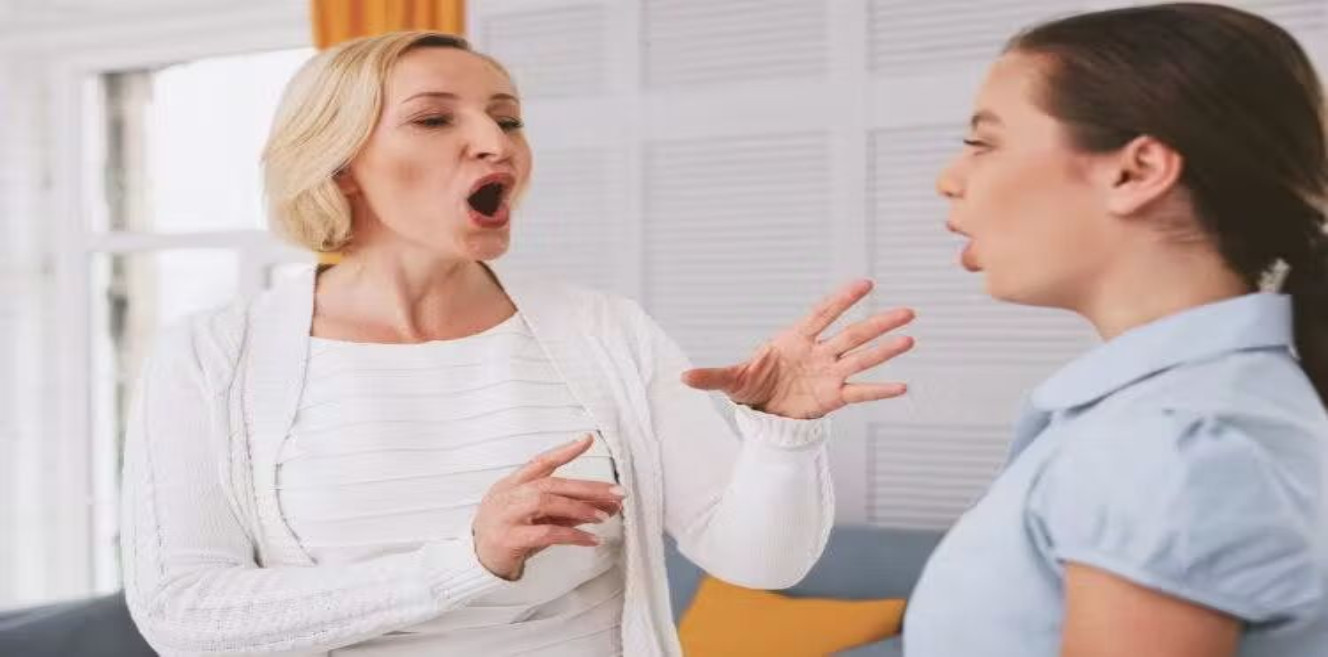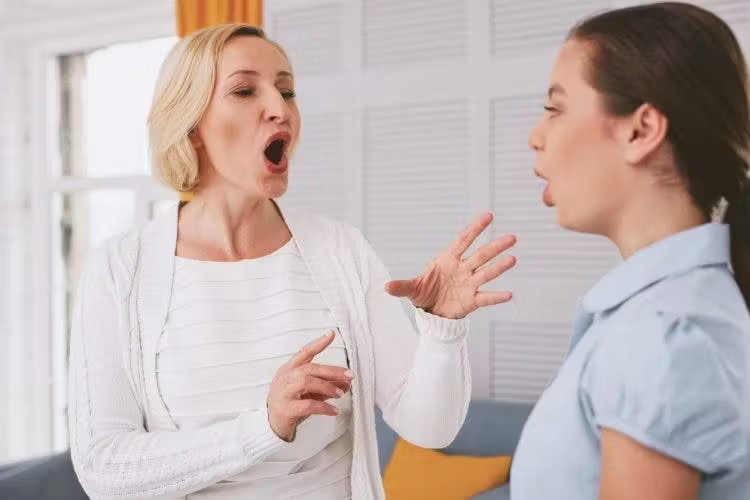
Your voice is a unique part of your identity—it helps you connect, express, and communicate every day. Sometimes, voice difficulties can interfere with this, making it harder to be heard or to feel confident while speaking. At Tulip Online Speech Therapy, we provide personalized online voice therapy sessions for children, adults, and professionals to restore, improve, and protect their voice.

A voice disorder occurs when the quality, pitch, or loudness of your voice doesn’t match your age, gender, or daily needs. You may notice hoarseness, strain, weakness, or even loss of voice. Sometimes, you may feel the problem even if others don’t hear it.
We provide therapy for different types of voice difficulties:
Caused by physical or neurological changes.
Happen when the voice is misused or strained, even if the vocal structures are normal.
Examples: vocal fatigue, muscle tension dysphonia, diplophonia (two tones at once), or ventricular phonation.
Stress, anxiety, or emotional factors can lead to voice changes, such as conversion aphonia (loss of voice) or dysphonia.
Many voice disorders are a mix of these causes. For example, yelling (functional misuse) can create vocal nodules (organic changes).
Both conditions can be successfully treated with targeted voice therapy techniques.
At Tulip, we don’t just diagnose—we provide complete online therapy sessions designed for your voice goals.
✨ Our mission is not just to improve your voice, but to help you feel confident using it in everyday life.